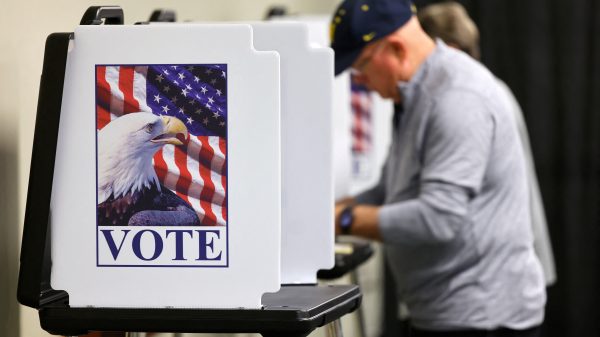Seasons have become increasingly fluid, with traditional timelines for holidays and events stretching and blending into each other. The back-to-school season, for instance, has expanded beyond August, with retailers launching promotions earlier in response to shifting consumer habits.
Similarly, Halloween and Christmas festivities are no longer confined to their usual months, as evidenced by the rise of “Summerween” and early holiday promotions, such as Mariah Carey’s preemptive Christmas tour announcements.
This change in seasonality is partly due to climate issues affecting the way seasons feel, which adds another layer to the shifting holiday timelines. However, the real impact is seen in the marketing and promotional strategies that have evolved to capture consumer attention earlier.
As a result, traditional promotional events like Black Friday and Cyber Monday are now being phased in well ahead of their usual schedules, reflecting the changing shopping habits where consumers seek the best deals earlier in the year.

Seasonal Timelines Blur as Marketing Strategies Adjust to Shifting Consumer Habits and Climate Changes
Marketers are adjusting their strategies to this new reality by trying to get ahead of the competition. For example, Nora Cortez from Rain the Growth Agency points out that advertisers are aiming for a “first mover” advantage by pushing seasonal messaging and deals earlier than before.
This shift has led to promotional activities, such as Father’s Day campaigns, starting earlier, which helps brands achieve cheaper advertising costs and greater visibility.
The stretching of seasonality has led to a more nuanced approach where marketers use seasonality not just as a timing tool but as a means of targeting consumer behavior more effectively.
Margaux Logan of Publicis Groupe explains that traditional shopping cycles, like those during Cyber5, are being influenced by earlier sales events and adjusted marketing campaigns. This change is making seasonality a more flexible concept, allowing brands to adapt their calendars and messaging based on consumer patterns.
In response to these shifts, marketing strategies are becoming more regionally focused rather than nationally uniform. David MacDonald of Razorfish highlights the benefit of targeting specific regions earlier based on local school start dates, rather than a one-size-fits-all approach. This allows brands to better align their efforts with actual consumer behavior and needs, rather than relying solely on traditional seasonal timing.
Consumers themselves are also moving away from strict adherence to seasonal patterns. Social media platforms and influencers contribute to this by showcasing seasonal content and promotions well in advance. Camila Caldas from Mother Los Angeles notes that consumers are increasingly planning and shopping ahead, influenced by early social media content.
This change reflects a broader trend where both brands and consumers adapt to a more fluid understanding of seasonality.









































